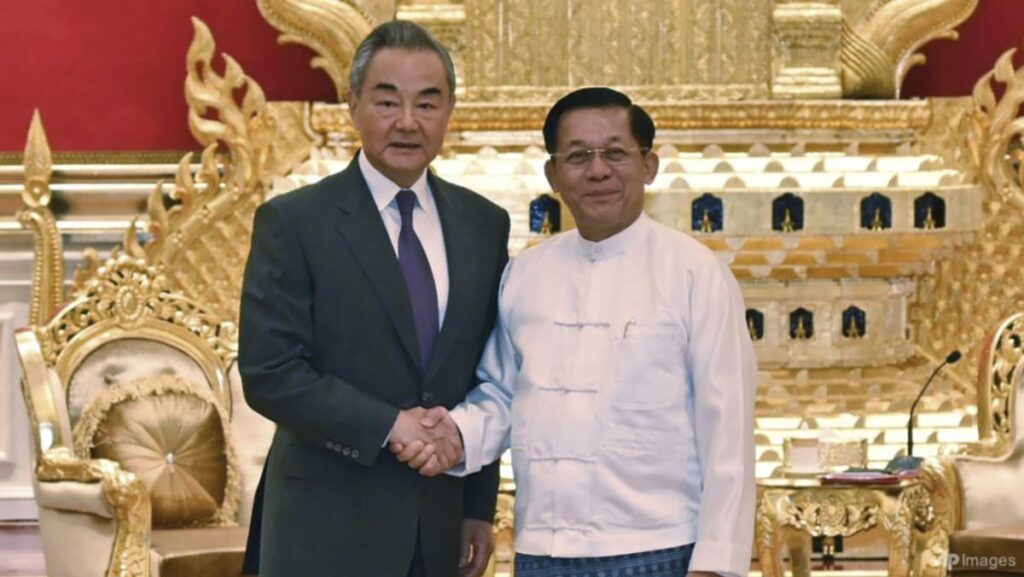Yun also acknowledged that China’s involvement as mediator does impact Myanmar’s sovereignty. However, she said this is “not unprovoked” as the impact of the conflict has been felt in areas near their land border.
“One thing that you have always heard the Chinese say is that we don’t want to get involved in the Burmese national sovereignty or Burmese internal affairs,” she noted.
“But when your internal affairs lead to the bombing of Chinese territory, or leading to 30,000 refugees coming into China, your internal affairs become my internal affairs. And that unfortunately gives China some legitimate justification to play a mediating role.”
As China’s international mediator drive continues apace, such regional reservations could negatively impact Southeast Asia’s perception of the country – a point which Beijing is likely well aware of.
Southeast Asian nations recognise China as a key economic partner while also maintaining a measured approach toward its broader regional engagement, including its role in promoting stability, analysts point out.
They add that this can place some nations in a delicate position.
Abdul Rahman from the Lowy Institute pointed to Malaysia as an example. With China its largest trading partner for 16 straight years, Malaysia must carefully navigate the economic benefits alongside its security considerations, he said.
“China is seen as an economic partner to work with,” said Abdul Rahman.
“However, there are views among senior Malaysian government officials that Western powers are crucial for balancing against China.”
“My sense from my engagements with different Malaysian officials is that, if China takes a more aggressive stance on the ground against Malaysia in the waters off Sabah and Sarawak, it may push the Malaysians to take a harder stance against China.”
Either way, with a rising China here to stay and vying with the US for influence in the region, analysts say that Southeast Asian countries – notwithstanding their reservations – will strive to work as best they can with Beijing, and Washington as well.
For example, Dorsey from RSIS pointed out how Malaysia and Indonesia are relatively less dependent on the US for security matters.
“However, they still want the US to maintain a presence. While they may prefer it to be offshore, they don’t want Washington to withdraw entirely,” he said.
“What I’m saying is that most countries, including Southeast Asian nations, will strive to avoid having to make this a binary choice.”
The State of Southeast Asia 2025 report saw the US dislodging China to become the prevailing choice (52.3 per cent) if the region were forced to take a side.
China as a choice dropped to 47.7 per cent, down from 50.5 per cent in the previous year where it also emerged tops for the first time.
At the same time, a majority of ASEAN respondents (53.2 per cent) believe that the regional bloc should enhance its resilience and unity to fend off pressures from the two global powers.
Nearly 30 per cent of respondents expressed concern that ASEAN could become an arena for major power competition, with its member states possibly becoming major power proxies.
“Long-term, China’s reputation will depend on its ability to address regional apprehensions and foster genuine partnerships,” said Ping from Bond University.
“Increased pushback is possible if China fails to align its actions with regional expectations.”

